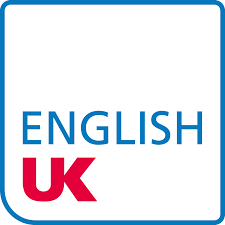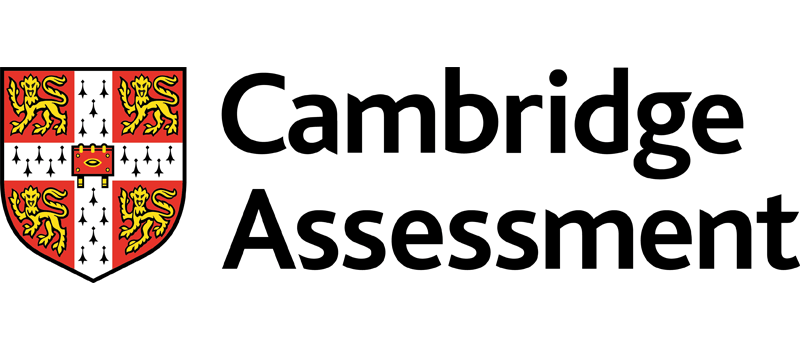
Professional Writing Skills
Course ID: 2512295701446EGI
Course Dates : 29/12/25 Course Duration : 5 Studying Day/s Course Location: Bahrain, Bahrain
Language: Bilingual
Course Category: Professional and CPD Training Programs
Course Subcategories: Operations and Process Excellence
Course Certified By: * Projacs Academy
* Professional Training and CPD Programs
Certification Will Be Issued From :
KSA
Course Fees: £2,958.13
Vat Not Included in the price. VAT may vary depending on the country where the course or workshop is held.
Click to Pay
Contact us for more information Sales@e-s-hub.com
Course Information
Introduction
The ability to communicate effectively through writing is a cornerstone of professional success. In an era where digital communication dominates, professionals across industries are tasked with producing clear, concise, and impactful written content. Whether it’s crafting persuasive emails, drafting comprehensive reports, or developing compelling proposals, the demand for strong professional writing skills has never been greater. This course addresses the critical need for individuals to refine their writing abilities, ensuring they can convey complex ideas in a manner that resonates with diverse audiences. Drawing from established frameworks such as the Plain Language Movement and the principles of effective business communication, this program equips participants with tools to elevate their written output.
One of the most pressing challenges in professional environments is the prevalence of unclear or overly complex communication. Miscommunication often stems from poorly structured documents, ambiguous language, or a lack of audience awareness. For instance, a multinational corporation recently faced significant delays in project execution due to ambiguities in its internal memos, leading to misaligned expectations among teams. By addressing these gaps, this course empowers participants to produce polished, professional documents that minimize errors and enhance collaboration. The curriculum also incorporates insights from cognitive load theory, which emphasizes the importance of simplifying information to ensure it is easily processed by readers.
Mastering professional writing offers profound benefits not only to individuals but also to organizations. On a personal level, employees who excel in writing are often perceived as more competent and credible, enhancing their career prospects. Organizations, on the other hand, benefit from streamlined processes, improved client relationships, and reduced risks associated with miscommunication. A case in point is a marketing agency that saw a 30% increase in client retention after implementing a training program focused on improving proposal clarity and persuasiveness. These outcomes underscore the tangible impact of investing in professional writing skills.
The course leverages industry trends and best practices to provide participants with cutting-edge knowledge. For example, the rise of remote work has amplified the reliance on written communication, making it essential for professionals to adapt their writing styles to virtual environments. Additionally, the growing emphasis on accessibility and inclusivity in communication means writers must consider diverse audiences when crafting messages. By integrating these trends into the curriculum, the program ensures participants remain ahead of the curve in their respective fields.
Real-world examples further illustrate the practical applications of professional writing. Consider a healthcare administrator who successfully advocated for increased funding by submitting a well-researched and articulate grant proposal. Similarly, a software developer who documented their code meticulously enabled seamless collaboration within their team, accelerating project timelines. These anecdotes highlight how honing writing skills can drive positive outcomes in various contexts, reinforcing the universal relevance of this course.
Ultimately, this program is designed to bridge the gap between rudimentary writing practices and advanced professional standards. Participants will gain the confidence and competence to tackle any writing challenge, whether it involves creating technical manuals, composing executive summaries, or designing engaging web content. By combining theoretical foundations with hands-on practice, the course fosters a holistic understanding of professional writing, empowering individuals to contribute meaningfully to their organizations while advancing their careers.
Objectives
By attending this course, participants will be able to:
Analyze the needs and expectations of target audiences to tailor written content effectively.
Evaluate the clarity and coherence of written materials using established editing frameworks.
Design structured documents that adhere to professional formatting conventions and readability principles.
Implement strategies for crafting persuasive and engaging content in emails, reports, and proposals.
Apply techniques for simplifying complex information without compromising accuracy or depth.
Develop proficiency in adapting writing styles to suit different platforms, including digital and print media.
Assess compliance requirements for industry-specific documentation and integrate them seamlessly into writing practices.
Who Should Attend?
This course is ideal for:
HR managers seeking to improve internal communication and policy documentation.
Marketing professionals aiming to enhance their copywriting and content creation abilities.
Consultants who need to draft clear and convincing proposals for clients.
Educators looking to refine their instructional materials and academic writing skills.
Project managers responsible for creating detailed plans and progress reports.
These groups will find the course valuable because it directly addresses the writing challenges they face in their roles, enabling them to produce high-quality documents that align with organizational goals. While the course is suitable for beginners, intermediate learners will particularly benefit from its focus on advanced techniques and practical applications. Advanced practitioners may also attend to refine their expertise and stay updated on emerging trends.
Training Method
• Pre-assessment
• Live group instruction
• Use of real-world examples, case studies and exercises
• Interactive participation and discussion
• Power point presentation, LCD and flip chart
• Group activities and tests
• Each participant receives a 7” Tablet containing a copy of the presentation, slides and handouts
• Post-assessment
Program Support
This program is supported by:
* Interactive discussions
* Role-play
* Case studies and highlight the techniques available to the participants.
Daily Agenda
The course agenda will be as follows:
• Technical Session 08.30-10.00 am
• Coffee Break 10.00-10.15 am
• Technical Session 10.15-12.15 noon
• Coffee Break 12.15-12.45 pm
• Technical Session 12.45-02.30 pm
• Course Ends 02.30 pm
Course Outlines
Foundations of Professional Writing
Principles of Effective Communication
Understanding Audience Needs and Expectations
Structuring Documents for Clarity and Impact
Introduction to Plain Language Guidelines
Day 2:
Crafting Clear and Concise Content
Techniques for Simplifying Complex Information
Avoiding Common Writing Pitfalls (Ambiguity, Jargon, Redundancy)
Editing Frameworks for Improving Readability
Writing Persuasive Emails and Memos
Day 3:
Advanced Writing Applications
Developing Compelling Proposals and Reports
Adapting Writing Styles for Different Platforms
Ensuring Compliance with Industry-Specific Standards
Incorporating Visual Elements to Enhance Written Content
Day 4:
Specialized Writing Skills
Writing Technical Manuals and Instructions
Creating Engaging Web Content and Blog Posts
Documenting Processes and Procedures Effectively
Writing for Diverse Audiences (Accessibility and Inclusivity)
Day 5:
Practical Exercises and Feedback
Hands-On Writing Workshops and Peer Reviews
Revising Drafts Based on Constructive Feedback
Presenting Final Projects to the Group
Action Planning for Continued Improvement



















































